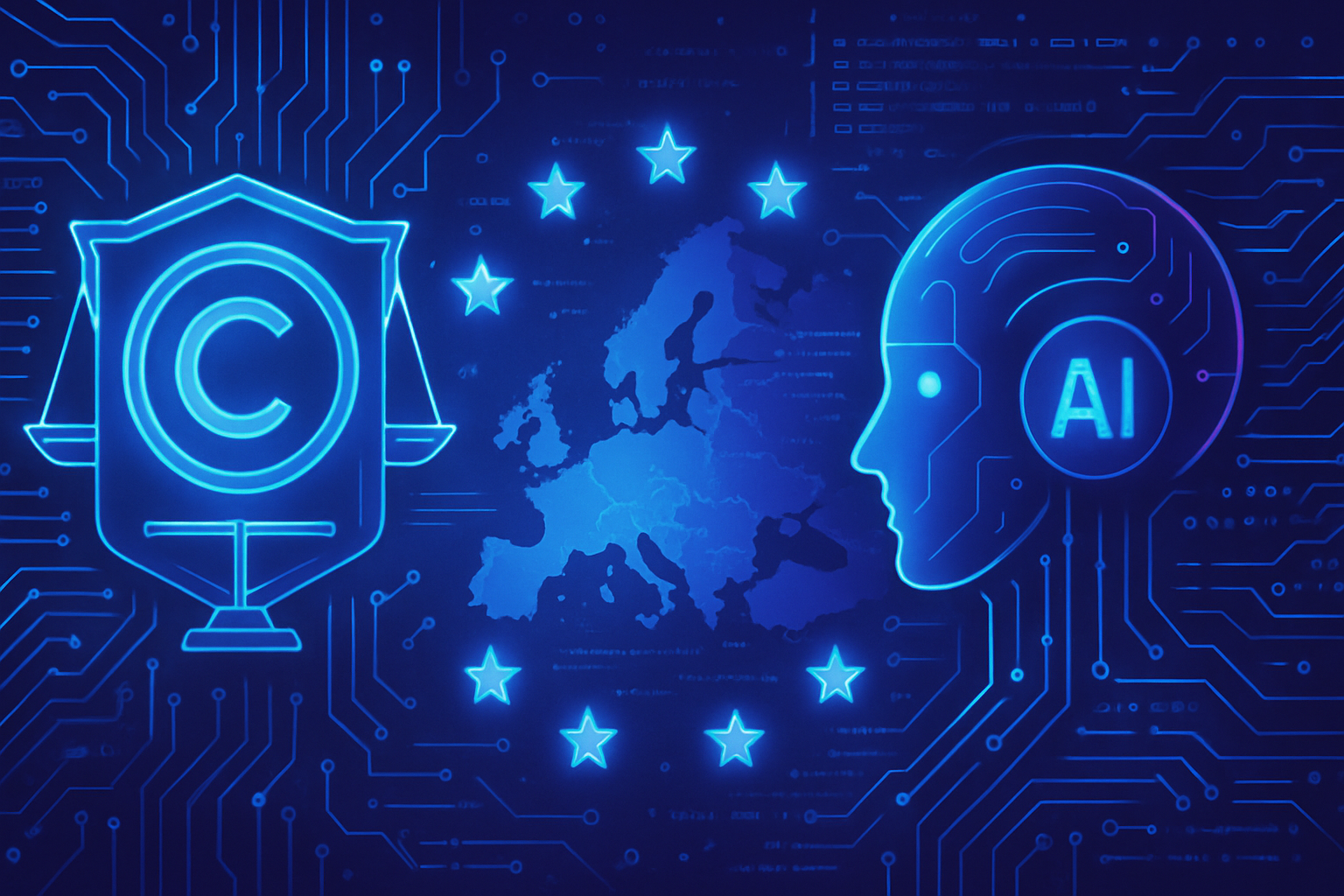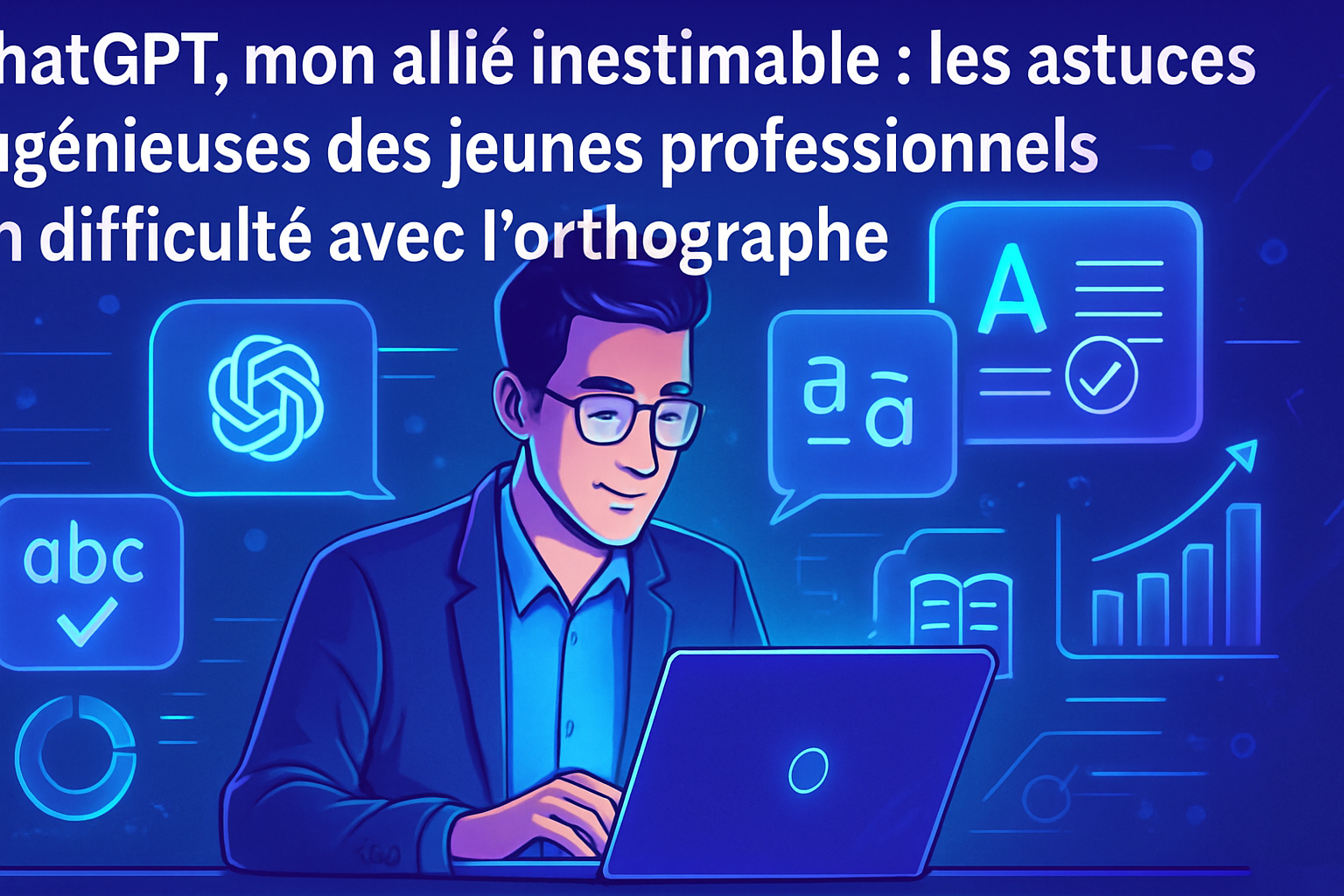The use of ChatGPT at the university is asserting itself as a metamorphosis of learning methods. Far from being a mere tool, it positions itself as a strategic ally to stimulate critical thinking and self-learning. Students are pragmatically embracing this technology, striving to reconcile innovation and academic integrity.
Innovation in education is going through a crucial phase. Campuses are welcoming a growing number of students engaged in a responsible approach toward digital resources. Using artificial intelligence wisely is becoming imperative to preserve the very essence of learning. The goal is not to eradicate the link with traditional teaching, but to enrich the academic journey.
A new pedagogical tool
Using ChatGPT at university profoundly changes the dynamics of learning. This artificial intelligence tool emerges as a study companion, facilitating revision and organization of knowledge. Students use it to enhance their notes, improve their grammar, and create flashcards.
Growing adoption among students
A recent survey reveals that nearly 92% of students integrate generative AI into their academic daily lives. This figure has significantly increased from 66% the previous year. Social media platforms, notably TikTok, are becoming exchange spaces where study tips, such as interactive sessions and effective prompts, are shared.
Role of ChatGPT in academic success
For students, ChatGPT becomes a study partner rather than just a tool. Magan Chin, a student at Cambridge, advocates this notion by asserting that AI does not diminish critical thinking skills. On the contrary, the student emphasizes its usefulness in simulating discussions and posing questions on complex themes.
Interacting with AI
Interacting with ChatGPT allows for maintaining an enriching dialogue. A student can, for example, submit their class notes to obtain exam-style questions. This helps them restructure knowledge and clarify difficult concepts. Jayna Devani, head of international education at OpenAI, recommends creating multiple-choice questions from course slides to facilitate revisions.
Potential risks of excessive dependence
Relying excessively on AI can prove problematic. Educators warn against hallucinations and fictitious content generated by the tool. Graham Wynn, pro-vice-chancellor for education at Northumbria University, stresses the importance of assessing the accuracy of the results provided by ChatGPT. Universities are in the process of implementing AI detectors to identify problematic usage.
Responsible practices for AI use
Students are adopting reflective practices, such as the “counter-argument method.” This approach consists of considering counterarguments to the responses obtained. As soon as they receive a result, they must question alternative perspectives. This method enriches their overall understanding.
Evolving university expectations
Higher education institutions are revising their approach to this rapidly evolving technology. The university remains a place of process-oriented learning, and education leaders remind us that AI should support the educational journey without replacing it. The emergence of AI literacy is gradually establishing itself as an essential skill for students.
Practical applications of emerging technologies
The AI tools that students are handling today will be commonplace in their future professional environments. Understanding the responsible use of AI, such as engagement on topics of technological innovation and digital sobriety, is gaining importance. This fuels discussions about the role of AI in modern society.
Indeed, AI is set to become an ubiquitous tool, whether for human learning or for upcoming technological advancements. Innovations, such as Microsoft’s analog optical computer, promise unprecedented energy efficiency in this field.
In light of these developments, establishing an ethical framework for AI usage appears necessary. Collaboration between universities and students is proving vital to ensure guidance that preserves academic integrity.
Frequently asked questions about using ChatGPT at university without cheating
How can I use ChatGPT to improve my writing skills?
You can use ChatGPT to help structure your ideas, rephrase sentences, or correct your grammar. This will help you develop your writing skills while maintaining your own voice.
What types of tasks can be assisted by ChatGPT without cheating?
ChatGPT can help you organize class notes, generate exam questions, or summarize complex concepts, but it should not be used to write your academic work in full.
What are the risks associated with excessive use of ChatGPT in my studies?
Excessive dependence can lead to hallucinations, incorrect information in your work, and fictitious references, which can harm your learning and academic reputation.
How can I integrate ChatGPT into my studies without violating the academic code of conduct?
Use it as an assistance tool, submitting class notes and asking for alternative perspectives. Be sure to always produce your own content and correctly reference your sources.
Is using ChatGPT looked upon favorably by teachers?
Many teachers appreciate the use of ChatGPT as long as it is used to support learning and not as a crutch to avoid producing authentic work.
How can I assess the reliability of the information provided by ChatGPT?
Always verify facts using reliable academic sources and do not rely solely on the information generated by ChatGPT, as it may be inaccurate or incomplete.
What are the best practices to get the most out of ChatGPT while avoiding cheating?
Ask it questions on specific topics, inquire about explanations or summaries, and use its responses as a starting point for your research. Avoid copying its answers directly.
Can ChatGPT help me prepare for exams?
Yes, it can help you generate practice questions based on your notes and review difficult concepts, making your preparation easier without compromising academic integrity.






